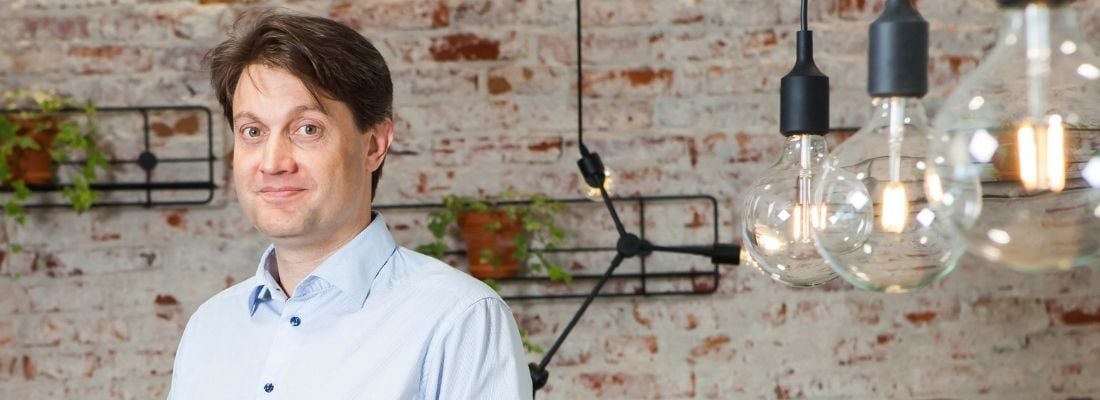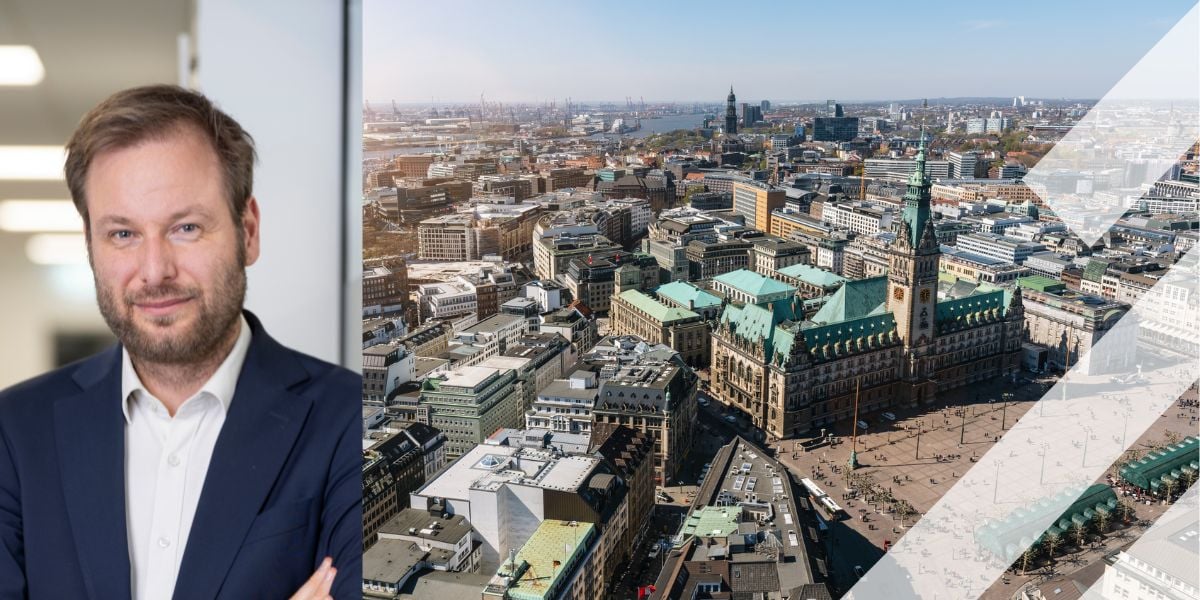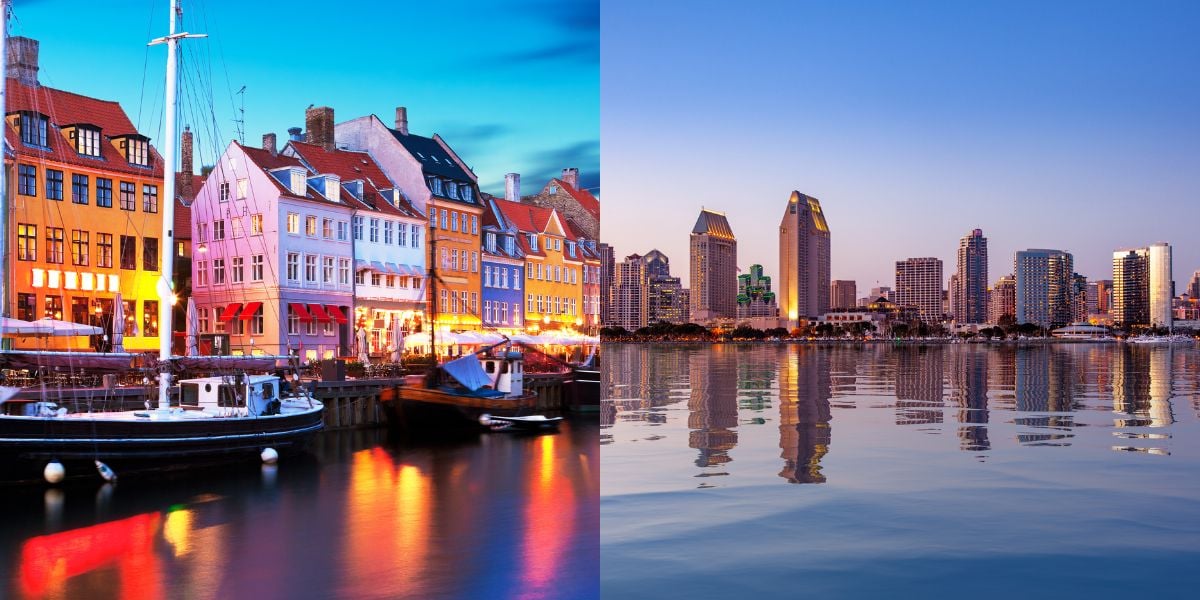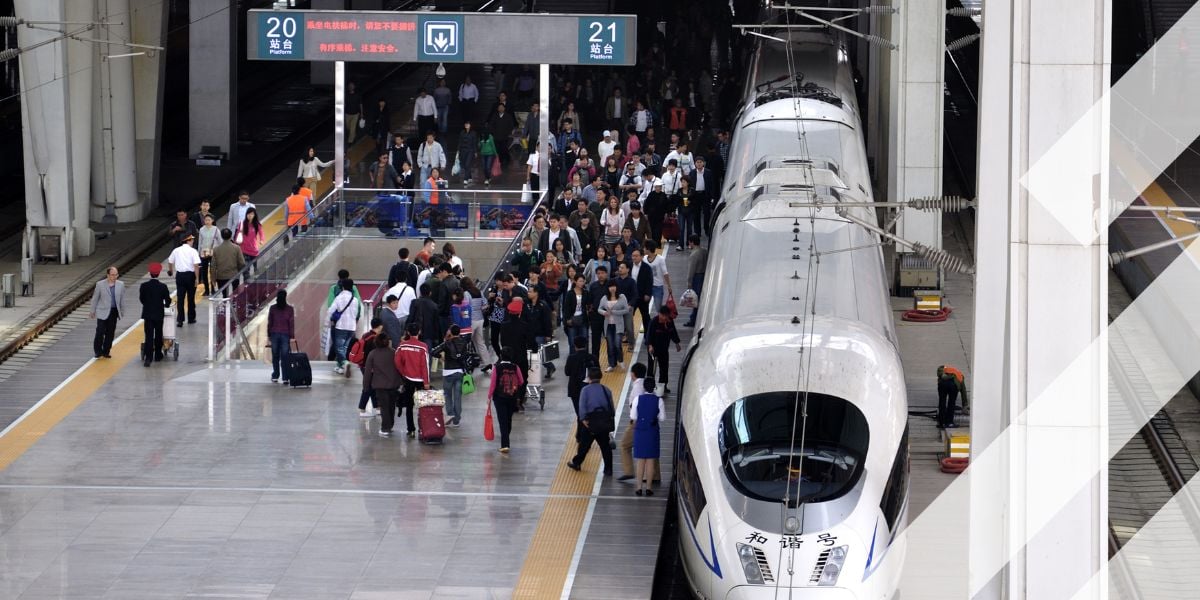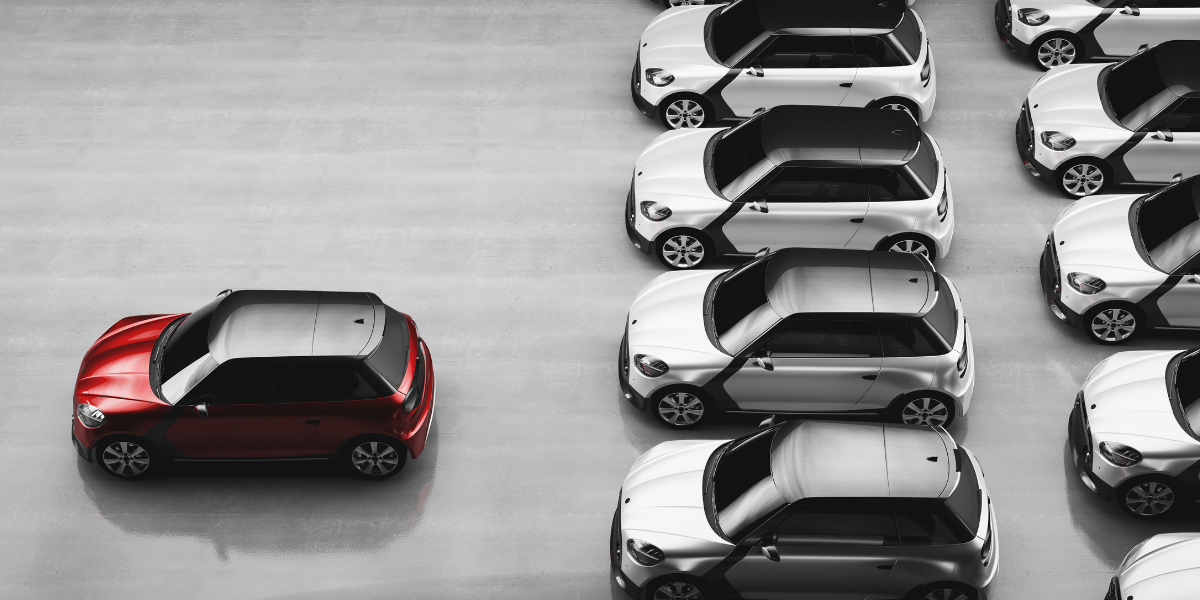Speeding up the mobility transition: Sampo Hietanen, MaaS Global
“We need to offer mixed modes and fulfil the desire of freedom of mobility, just like people have with a car.”
With the continuous growth of the population and ongoing urbanization there are numerous mobility challenges. Sustainability, safety and societal impact are amongst our daily concerns. We need to speed up the mobility transition to keep up with the fast changing global dynamics, which requires inventive approaches and better solutions. In this series we share inspiring and innovative cases from all over the world. Sampo Hietanen is the founding father of MaaS or Mobility as a Service. How does he speed up the mobility transition?
Mobility as a Service or MaaS; it has become a big theme. The term has had a global impact on the transport mobility mix where subscription based mobility could replace car ownership. Sampo Hietanen thought of the concept Mobility as a Service and founded MaaS Global in 2015 which now operates the app Whim in several cities around the world. How did you come up with the idea and in what way does it contribute to the mobility transition?
“All of my friends were into mobile business working for Nokia and it bugged me that I was just working in traffic.”
‘All of my friends were into mobile business working for Nokia and it bugged me that I was just working in traffic. On an airplane in 2006 on my way to a conference to lecture about the disruption of technology in mobility, I decided to compare the disruption of telecom to a comparable situation in the mobility sector. Then I knew this was going to happen, I knew there was something in it. MaaS was born.’
‘People want to get around and they pay you to solve problems; not to tell them about problems. The biggest purpose for MaaS is to give people the freedom of mobility without all the hassle that comes with it. You deserve to go to all the places you love in your life, whenever, however. And the only modality that fulfils that promise now is the car. So in order to make the choices in transport more sustainable, we want to offer an alternative for car ownership.’
‘However, we have a big dilemma in transport. Us transport engineers think that everything in the world is rational. So there is a big contradiction between what we think people want and what people actually do. People have an irrational feeling of personal freedom. The personal freedom of moving around and the rational way people move do not correspond at all. Transport engineers tell us to use transport and ask why we buy all these cars, while buying cars themselves! This bugs me in all discussions. We need to get these modes mixed to fulfil the aspiration of freedom for people.’
“We have to start admiring the car; it is the only thing people really dream about and fulfils people’s desire of freedom.”
‘We forget about the desirability too often. We have to admire and love the car. It is the only thing people really dream about and it shapes the city, whether we want it or not. It fulfils people’s desire of freedom. The individual freedom of mobility a car offers is so big; it is always going to beat everything else.’ ‘In order to change this, we need to offer a good alternative. To me this means offering all kinds of alternative modes of transport. Don’t let that car that you are not using, just be there. We offer you all other modalities instead. If you would get a package that gives you unlimited rides to all kinds of modes, would you give up your own car?’
‘20% of household costs is spent on transportation and 76% (Frost & Sullivan) of that money is locked in a car. Unless we cannot liberate the amount of money people spend on cars, we will not be able to change. I once asked a group of Dutch students: What if I gave you every modality available to you in Rotterdam, would you be willing to give up your own car? 20% of the hands raised. And then I asked: What if I would give you the whole world of mobility for the same price of a car? Then every hand went up. You need that spark in the eyes, just like people have with a car. Than we have an alternative, but the car and maybe even the desire to own one, will always exist.’
“20% of household costs is spent on transportation and 76% of that money is locked in a car.”
‘I myself prefer to go to work by public transport or bike, visit my mum by car and go to the gym by bike. Every destination can offer a different modality. As engineers we think in different modes, but I think this is a huge misunderstanding. You see, for people it is not about the modes. It’s about offering a solution.’
‘In 2015 I founded MaaS Global to reshape the world’s transportation markets. In 2016 we wanted to proof to the world we could be Uber, Google and all sharing companies and public transport together. And that was how the Whim app was born. It serves as an operator between transport services providers, users and third parties. It combines all existing transport services into a single mobile application on the ‘single-ticket principle’ and offers personalised transport plans tailored to customer needs. The name comes from the feeling of freedom of mobility. I want to go golfing on a Sunday, or visit my mother spontaneously on “a whim”. Today we are available in Belgium, Austria, Switzerland and Japan.’
“For the mobility transition to speed up, we should really allow innovation on top of the typical transportation system.”
‘We like to think that of data and sharing it as the biggest challenge. But I do not agree on this. The backbone of MaaS in Europe is public transport. Cities and governments want these solutions but the cities own entities which are public transport monopoly and slow in the process. For the mobility transition to speed up, we should really allow innovation on top of the typical transportation system. The European transportation services needs to open up, not data, but the actual access to purchasing services so that it becomes the source of innovation. It will happen if there the understanding of the rules of the game improves.’
‘What really drives me is when a single mother emails me, explaining she was about to move to downtown Helsinki and she could not afford a car. Thanks to Whim, she could live outside of the inner city. Or a 50 year old man who told me that all modalities have been available for ages, but never before was there a party standing right behind him, that really understood him and talked the same language. What surprised me in one of our researches among our users in Helsinki is that 12% of them had avoided buying a car. And even 12% had sold their cars. It’s a big number already and it shows there is a real potential! That means 10 of millions of cars less on the road in Europe!’
“People are lazy by nature; we prefer an easier life so we can use our brains for something different.”
‘In the future people should no longer care about the mode itself as long as they know it gets you there. The smartest city is the one that allows me to be dumb. People are lazy by nature. We no longer remember phone numbers or addresses. We like to have an easier life so we can worry about other things and use our brains for something different. The choice of transport is being outsourced. They can trust us offering them the best option. The destination matters; not how you get there.’
‘COVID showed people that it is easier to make new things happen, and it will ultimately be in favour of MaaS. Transport is the only industry that hasn’t improved in CO2 emissions since the nineties. In the EU approximately 25% of the total EU-28 greenhouse gas emissions come from the transport sector. Putting a bit of bike lane here and there does not make the difference. We need to be willing to change to make mobility more sustainable, but without jeopardising the freedom of mobility. We can only be satisfied when people are willing to pay the same amount of money for other modes of transport as they pay for a car.’
Share your story
Do you have an innovation, research results or an other interesting topic you would like to share with the professionals in the infrastructure, traffic management, safety, smart mobility and parking industry? The Intertraffic website and social media channels are a great platform to showcase your stories!
Please contact our Sr Brand Marketing Manager Carola Jansen-Young.
Are you an Intertraffic exhibitor?
Make sure you add your latest press releases to your Company Profile in the Exhibitor Portal for free exposure.
